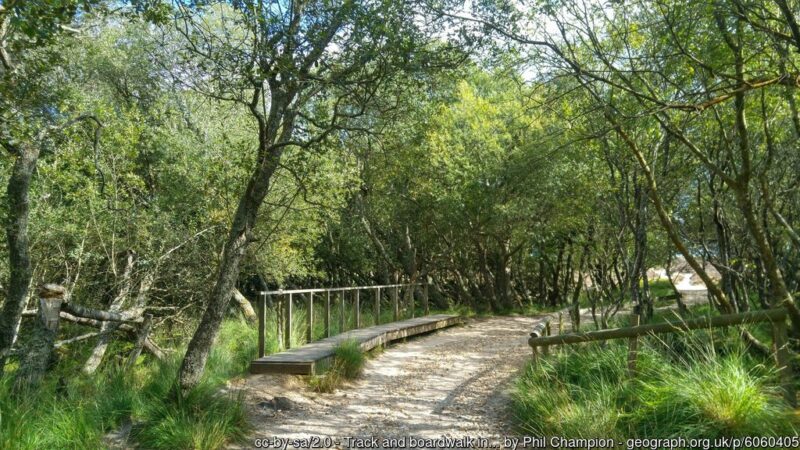Yasmin Qureshi Labour Member of Parliament for Bolton South East

I was troubled to learn recently about the findings of a research paper conducted by Rothamstead Research Institute, published in the Global Change Biology journal. This research was conducted over 50 years and focused on the impact that climate change has on the British insect population. In essence, it was previously thought that insects living in the woodlands would be protected by rising temperatures by the shade of trees, but this seminal research has found that insects are just as imperiled by climate change in the woodlands as they would be in open grassland.
With a global decline in insect populations (throwing 40% of insect species into the ‘endangered’ category of conservation), caused by intensive deforestation, agriculture and agro-chemical pollutants, the findings of this research project are incredibly worrying.
Insect decline has a catastrophic impact on ecology, as reduced numbers radiate up the food chain, putting British birds at risk as their food source is reduced. Increased variability in climate, ultimately caused by carbon emissions depleting the ozone layer, throws the breeding and feeding patterns of birds out of sync, which has led to a reduction in the population of birds that eat insects across Europe by 13% across Europe between 1990 and 2015.
This is as much a British problem as it is a global problem, and it is vital that this Government implements even more robust environmental policies that reduce carbon emissions and safeguard our ecological environment. It is not just insects and birds that are at risk; it is also a question of what kind of world future generations will inherit.
